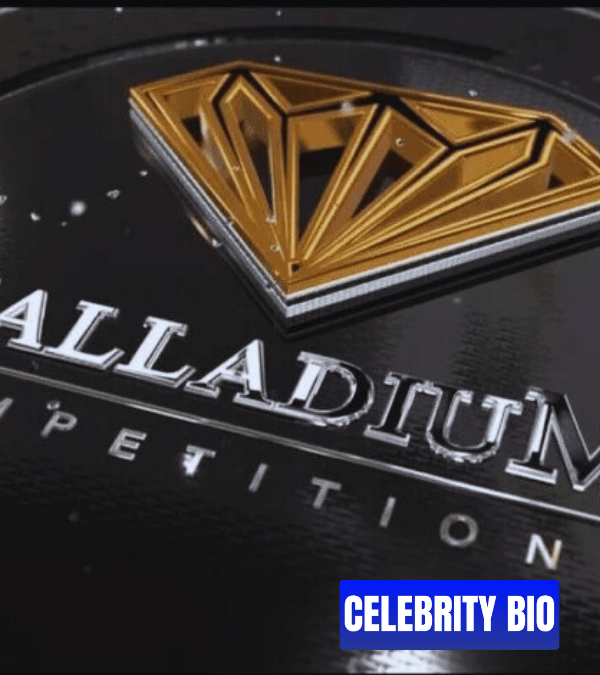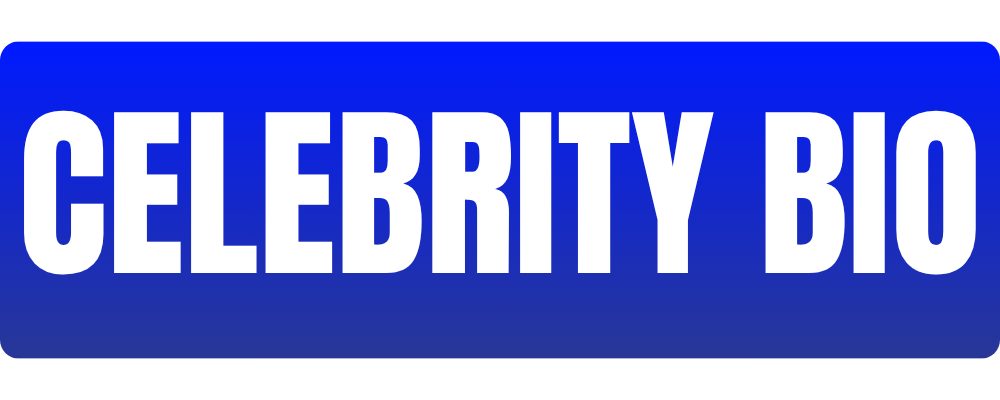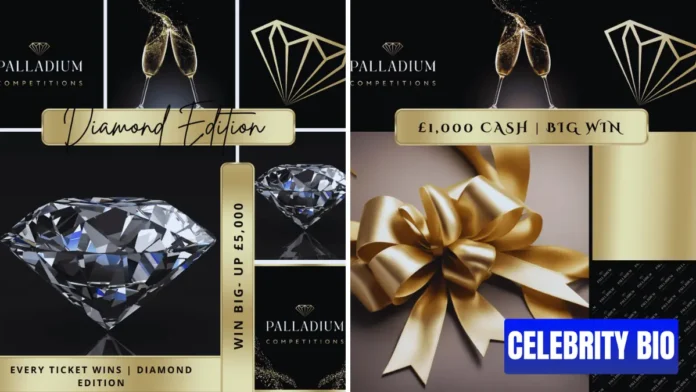Introduction
The phrase palladium competitions may sound unusual at first, but in reality, it reflects a growing global movement. From science laboratories to startup hubs, the word “palladium” is increasingly tied to excellence, exclusivity, and prestige. Much like the rare metal itself, these competitions are valuable, difficult to access, and capable of transforming careers.
Over the past decade, competitions branded under the palladium name have emerged across fields as diverse as materials science, business innovation, and creative arts. What unites them is not the industry, but the standard they set: only the most original, forward-thinking, and impactful ideas rise to the top.
In this article, we’ll break down what palladium competitions are, why they matter, how you can prepare to participate, and what trends are shaping them in 2025 and beyond. Whether you’re a student researcher, a budding entrepreneur, or a creative professional, understanding these competitions could open doors to opportunities you hadn’t imagined.
What Exactly Are Palladium Competitions?
At their core, palladium competitions are structured contests designed to identify excellence and innovation. They often carry the name “palladium” for symbolic reasons:
- Palladium as a metal is rare, valuable, and essential for high-tech industries.
- Palladium as a symbol has historically represented protection, prestige, and honour.
Organisers use the name to signal that these competitions aren’t just ordinary contests. They are selective, aspirational, and highly rewarding.
Types of Palladium Competitions
- Scientific Research Competitions – where teams present breakthroughs in chemistry, materials, or environmental technology.
- Entrepreneurship Challenges – startups pitch innovations in front of investors, often with sustainability themes.
- Creative & Cultural Awards – artists, designers, and writers use palladium as a theme or brand for high-prestige contests.
- Corporate Performance Contests – some companies create internal “palladium awards” to celebrate top-tier employees.
Why Do Palladium Competitions Matter?
Unlike standard contests, palladium competitions are associated with long-term benefits.
- Prestige and Recognition – Being a finalist can be career-defining.
- Networking Opportunities – Connects participants with leaders in academia, business, and culture.
- Funding & Support – Many competitions offer cash prizes, grants, or incubation programs.
- Skill Development – Sharpen communication, research, and innovation capabilities.
- Global Exposure – Competitions often gain international media attention.
The Strategic Approach: How to Prepare

Competing in a palladium competition requires deliberate preparation.
1. Understand the Landscape
Study the competition’s history. Who won in previous years? What patterns emerge? For instance, in science contests, sustainability themes often dominate.
2. Craft a Unique Value Proposition
Judges look for originality, not recycled ideas. Identify what sets your project apart and emphasise its real-world application.
3. Perfect the Presentation
Whether it’s a pitch deck or a performance, storytelling is key. Winners often succeed not only because of strong content but also because of delivery.
4. Embrace Feedback Loops
Great competitors test their ideas in smaller settings, gathering feedback, then refining. This iterative process often makes the difference between good and great.
Real-World Examples of Palladium Competitions
To make this concept tangible, here are illustrative stories of how Palladium competitions have been applied:
- The Catalyst Breakthrough
A European research team entered a palladium-themed competition with a new catalytic process that reduced industrial emissions by 30%. Not only did they win, but they also secured EU funding for further development. - The Startup Leap
A young entrepreneur launched an eco-fintech platform and pitched it at a palladium innovation challenge in Singapore. The exposure led to partnerships with international banks. - The Artist’s Recognition
An independent digital artist, inspired by the symbolism of palladium, used the competition theme to explore human reliance on rare metals. Their work was exhibited internationally after winning the contest.
Each story shows that palladium competitions reward not just technical skill but also vision, creativity, and impact.
Challenges Competitors Face
No competition is without hurdles. In fact, the difficulty is part of what makes palladium competitions prestigious.
- Fierce Rivalry – High-calibre participants from around the world.
- Complex Evaluation Metrics – Judging often includes originality, feasibility, and global relevance.
- Resource Limitations – Smaller teams may struggle against well-funded competitors.
- Pressure to Innovate – The demand for fresh ideas can lead to “innovation fatigue.”
The takeaway? Success requires resilience and adaptability, not just brilliance.
Trends Defining Palladium Competitions in 2025
Looking forward, several key trends are shaping the future:
- Sustainability at the Core – Environmental impact is no longer optional.
- Digital-First Platforms – Many competitions are fully online, widening accessibility.
- AI-Assisted Judging – Algorithms help assess objectivity, though human oversight remains.
- Cross-Disciplinary Teams – The most successful entries blend science, business, and creativity.
- Global Inclusion – Expanding to participants from developing nations, levelling the playing field.
These shifts mean opportunities are broadening, but standards are also rising.
FAQs on Palladium Competitions
Q1: Are palladium competitions only about science?
No. While many focus on chemistry or materials, there are also business, cultural, and creative contests.
Q2: Do you need prior recognition to enter?
Not necessarily. Many competitions welcome new voices, though track record can be an advantage.
Q3: What are the prizes like?
They vary: cash, grants, incubator access, scholarships, or simply prestigious recognition.
Q4: Where can I find announcements for these competitions?
University bulletins, industry associations, startup accelerators, and international challenge platforms.
Q5: What skills help the most?
Creativity, problem-solving, storytelling, and resilience under pressure.
Conclusion
Palladium competitions are not ordinary contests—they’re platforms of prestige, innovation, and transformation. Whether you’re a scientist chasing breakthroughs, an entrepreneur with a disruptive idea, or an artist blending creativity with cultural themes, these competitions provide opportunities to shine on a global stage.
The key to success lies in preparation, originality, and persistence. While the road is competitive, the rewards—recognition, funding, and career advancement—are well worth the effort.

